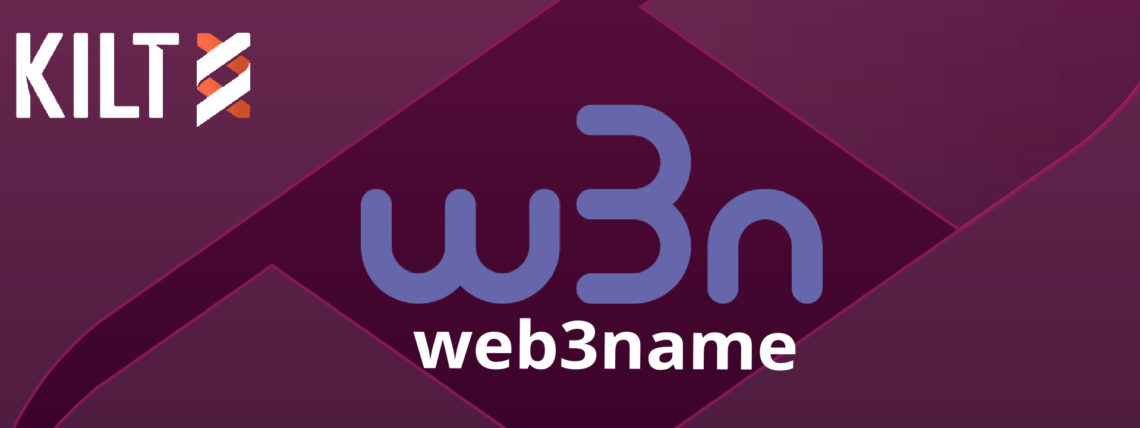KILT could be a sub-urbanised blockchain identity protocol for issuance of self-sovereign, associate degree onymous and verifiable credentials. skirt announces the launch of web3name, an application for making a custom name to represent users’ digital identity. The new approach would increase the transparency of users’ identities while not sacrificing the privacy attached to personal knowledge.
KILT launches Web3name
KILT, a blockchain identity protocol supported by the Polkadot network, uses a replacement style of digital credentials, Web3name(w3n), for users to represent their own digital identities. The credentials recorded on the distributed ledgers are going to be permanent addresses users will access anytime on the Polkadot ecosystem, as declared within the announcement.
Web3name is in contrast to a decentralized symbol embodied as a novel string of numbers and letters. Instead, it can be translated as straightforward letters like ingo, doso, and so on victimization SocialKYC, an attestation report designed on KILT, users can produce credentials linking to their own email accounts or GitHub, Discord, Twitter, and others.
Web3name will enhance the digital identities system
According to KILT’s previous associate announcement, SocialKYC wouldn’t get users’ personal data kept in any centralized information center.
In contrast to sign-in processes on the net to date, SocialKYC then forgets regarding the user and therefore the document as presently because the credential is issued. The credential, the private information, and the management stay with the user.
The team considers W3n as a sweetening of however digital identities are processed on the blockchain. W3n doesn’t replace a notecase address however it supplements it. One w3n will hook up with many addresses. Although only 1 w3n links to at least one identity, one could produce many identities: work identity, collator identity, and diversion identity with a unique web3name for each, that might additionally link to ancient media platforms.
To collators and validators, in particular, they’ll link their w3n to any of the addresses they choose, in an exceedingly approach that they can be recognized through their names instead of a string of numbers and letters generally known as blockchain addresses.


 Home
Home News
News






